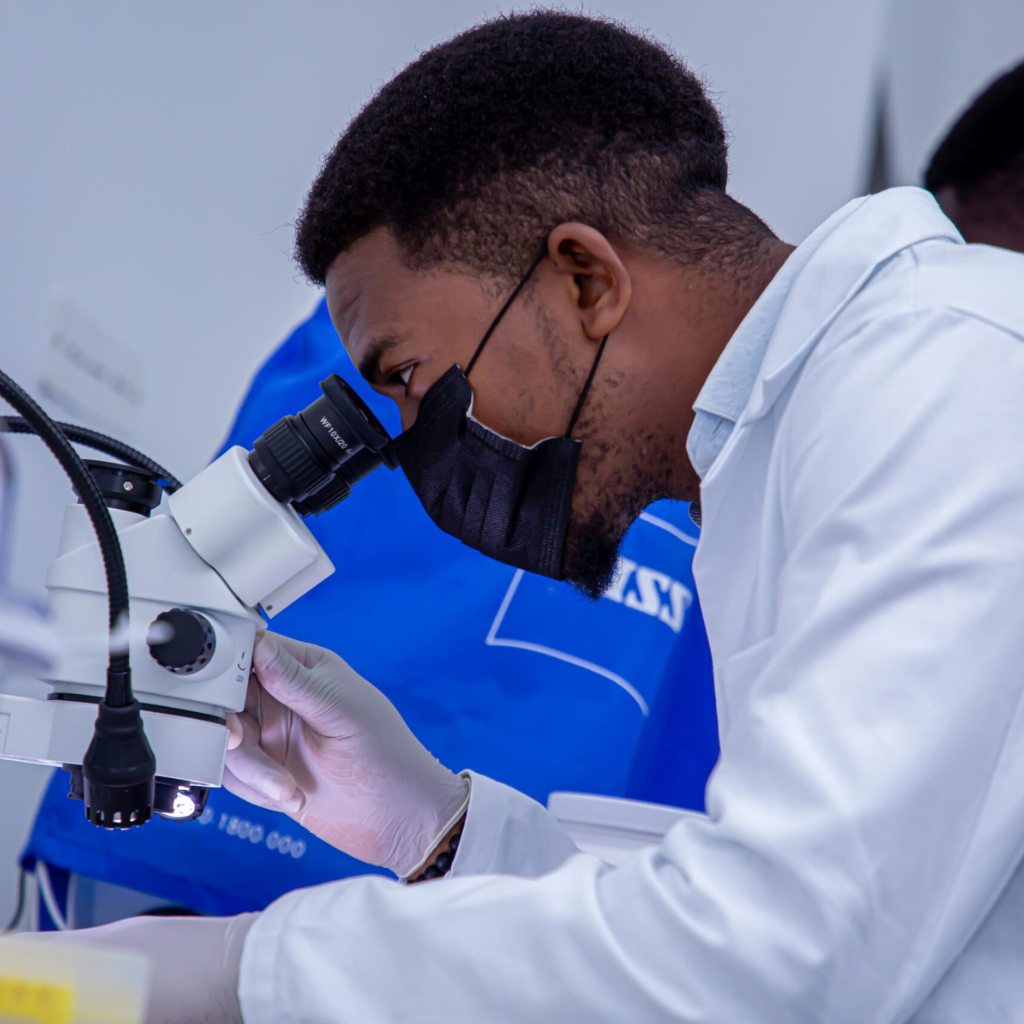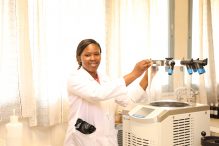ACEs Lead Health Research in Infectious and Genetic Diseases
Through partnerships with various international and local institutions, some of the health focused Africa Centres of Excellence are involved in research which is seeking answers to solving some of humanities challenges and curbing diseases. ACEGID for instance is part of a consortium conducting numerous studies (including an epidemiology study) in line with preparations for the trials of safe, effective, and affordable vaccines for Lassa fever. The centre was also the lead in sequencing the first case of Ebola in Nigeria within 48 hours, a singular feat that led to early containment, management, and control of the disease in Nigeria, and hence saving lives of the many people who could have been infected by the disease.

With an estimated number of about 14, 000 babies born each year with sickle cell disease in Ghana alone, the West Africa Genetic Medicine Centre (WAGMC) is focusing on undertaking key research on sickle cell diseases. WAGMC is also involved in continental level initiatives, projects and networks including the Sickle Cell Diseases Genomics Network of Africa (SickleGenAfrica). Other key focus areas of the research conducted by the centre include Diabetes, Kidney Disease, and Cancer.
The Centre for Mycotoxin and Food Safety (ACEMFS) is focusing its research on mitigation against mycotoxins for food safety and improved public health and trade. The centre conducts regional surveillance of chemical residues that is, heavy metals, veterinary drug and pesticides residues and hydrocyanic acids in cassava food products among others.
The involvement of some Centres of Excellence in conducting research focused on the characterization of malaria pathogens needs to be underscored. Professor Diabate Abdoulaye, the Centre Director for the African Center of Excellence in Biotechnology Innovation for Vector-borne Disease Elimination (CEA/ ITECH-MTV) for instance, received the Newcomb Cleveland Prize for his outstanding research on fighting malaria in Africa. All these efforts are in line with fostering world-class research excellence and providing lifesaving information and research findings on disease prevention and treatment.

